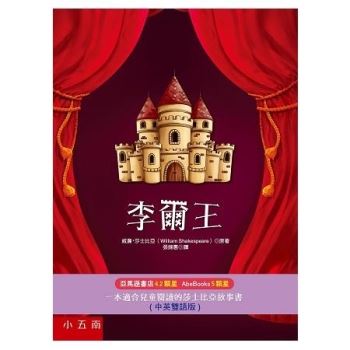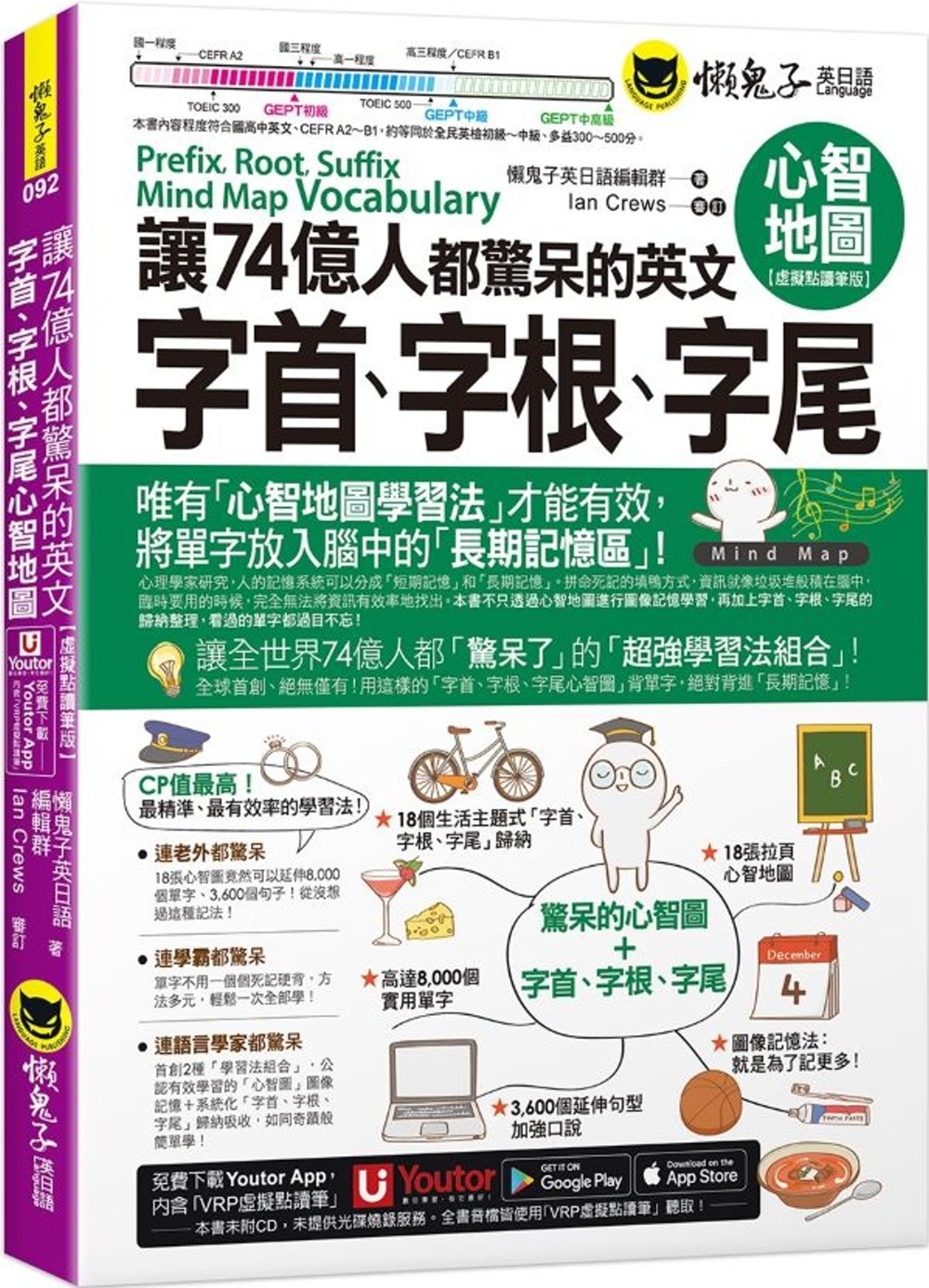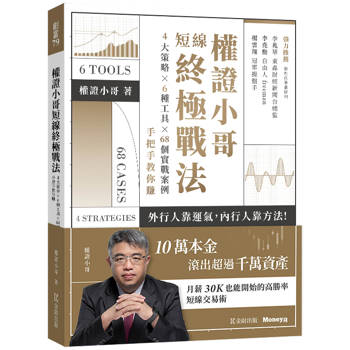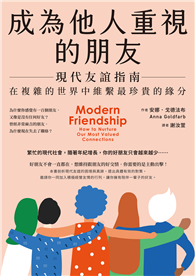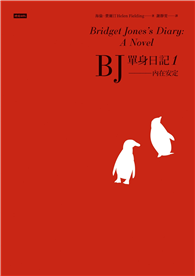The Tirukkural (honoured Kural) is one of the world’s greatest literary and philosophical masterpieces. Composed in Tamil by Tiruvalluvar sometime between 2 BCE and 5 CE, its succinct couplets seek to explain and guide the reader through life’s various situations: political, spiritual, domestic and social. Not much is known about Tiruvalluvar-he is believed to have been one or more of the following: a weaver, an ascetic, a teacher, a minister, a seafarer or even a king. What is indisputable, as Gopalkrishna Gandhi says in the preface, is that he was ’a clear thinker’, ’a sharp observer of life’ and ’a master of his language and...complex poetic forms’. ’Kural’, in Tamil, means ’short’. Each of the Tirukkural’s 1,330 verses holds its meaning tightly, gives its message in something like telegraphese. Often called the universal book of principles, the work is organized into 133 chapters and three books. ’Book I: Being Good’ is aimed at householders and sets out the principles of leading an ethical life. ’Book II: Being Politic’ is a manual for rulers and statesmen on the qualities and duties of leaders, aspects of governance, military strategies, and methods to acquire wealth honestly. ’Book III: Being in Love’ is a poetic exposition on love. It is presented from the points of view of both the man and the woman in different situations-from the moment of falling in love, through the pain of separation to the joy of reconciliation.
| FindBook |
有 1 項符合
Tiruvalluvar the Tirukkural的圖書 |
 |
Tiruvalluvar the Tirukkural 作者:Gopalakrishnan 出版社:Rupa Publications 出版日期:2016-07-06 語言:英文 規格:精裝 / 192頁 / 21.59 x 13.97 x 1.42 cm / 普通級/ 初版 |
| 圖書館借閱 |
| 國家圖書館 | 全國圖書書目資訊網 | 國立公共資訊圖書館 | 電子書服務平台 | MetaCat 跨館整合查詢 |
| 臺北市立圖書館 | 新北市立圖書館 | 基隆市公共圖書館 | 桃園市立圖書館 | 新竹縣公共圖書館 |
| 苗栗縣立圖書館 | 臺中市立圖書館 | 彰化縣公共圖書館 | 南投縣文化局 | 雲林縣公共圖書館 |
| 嘉義縣圖書館 | 臺南市立圖書館 | 高雄市立圖書館 | 屏東縣公共圖書館 | 宜蘭縣公共圖書館 |
| 花蓮縣文化局 | 臺東縣文化處 |
|
|
圖書介紹 - 資料來源:博客來 評分:
圖書名稱:Tiruvalluvar the Tirukkural
|



